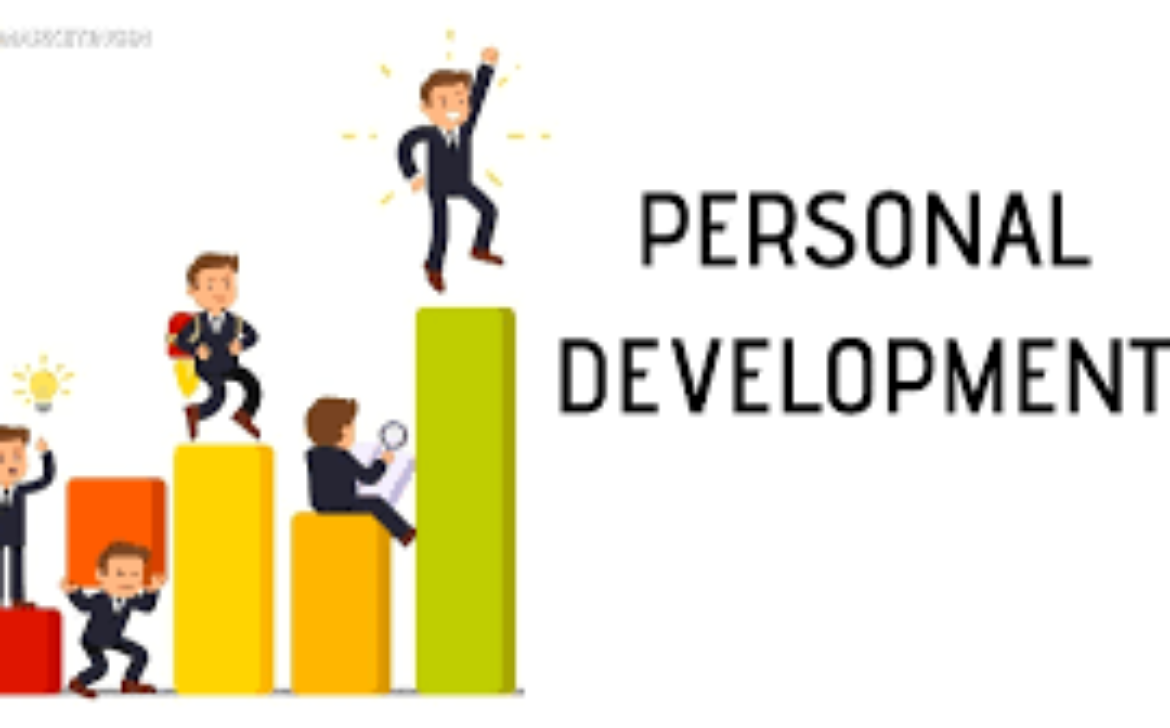Unlocking the Secrets of the Universe: A Comprehensive Guide to Space Exploration and Cosmic Wonders
In the digital age, the allure of space continues to capture the imagination of people worldwide. From stargazers to scientists, the fascination with the cosmos has never been more prominent. In this SEO-optimized blog post, we delve into the boundless wonders of space, exploring celestial bodies, cosmic mysteries, and the latest advancements in space exploration. Join us on this cosmic journey, where science meets awe-inspiring discovery.
1.Stargazing Marvels and Celestial Beauty:
Our night sky is a mesmerizing tapestry of stars, planets, and galaxies. Discover the art of stargazing and the wonders of constellations that have fascinated humans for centuries. Learn about the most captivating celestial events and how to witness them, enriching your stargazing experience.
2. Planets Unveiled:
Explore our neighboring planets, from the scorching surface of Mercury to the icy plains of Pluto. Unravel the mysteries of Earth’s planetary companions, their unique features, and the latest missions exploring their atmospheres and landscapes. Stay updated on the latest planetary discoveries and missions from space agencies around the world.
3. Black Holes, Supernovae, and Cosmic Phenomena:
Dive into the mind-boggling world of black holes, the explosive brilliance of supernovae, and other extraordinary cosmic phenomena. Understand the science behind these phenomena and their crucial role in shaping the universe. Stay informed about recent astronomical observations and breakthroughs, enhancing your knowledge of the cosmos.
4. Exoplanets and the Quest for Extraterrestrial Life:
Embark on a journey beyond our solar system to exoplanets, distant worlds orbiting other stars. Explore the concept of habitable zones and the search for extraterrestrial life. Stay updated on exoplanet discoveries and the latest research in astrobiology, fueling your curiosity about the possibility of life beyond Earth.
5. Space Missions and Technological Marvels:
Stay abreast of the latest space missions conducted by renowned space agencies like NASA, ESA, and SpaceX. Learn about cutting-edge space technologies, from reusable rockets to space telescopes, revolutionizing our understanding of the universe. Stay informed about upcoming launches, rover missions, and space station expeditions.
6. Future of Space Exploration and Colonization:
Delve into the future of space exploration, including plans for lunar bases, Mars missions, and beyond. Explore the concept of space tourism and the prospects of interstellar travel. Stay updated on ambitious projects that aim to establish human colonies on other planets, shaping the future of space exploration.
In conclusion, the cosmos remains a boundless source of wonder and scientific inquiry. By staying informed about the latest astronomical discoveries and space missions, you not only expand your knowledge but also nurture a sense of awe and curiosity about the universe. Join us in this cosmic adventure, where the mysteries of space come to life, inspiring generations to look up and dream of the infinite possibilities that lie beyond the stars.










